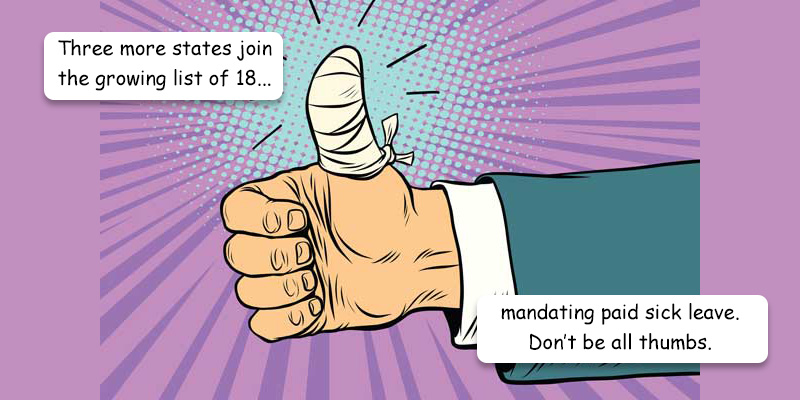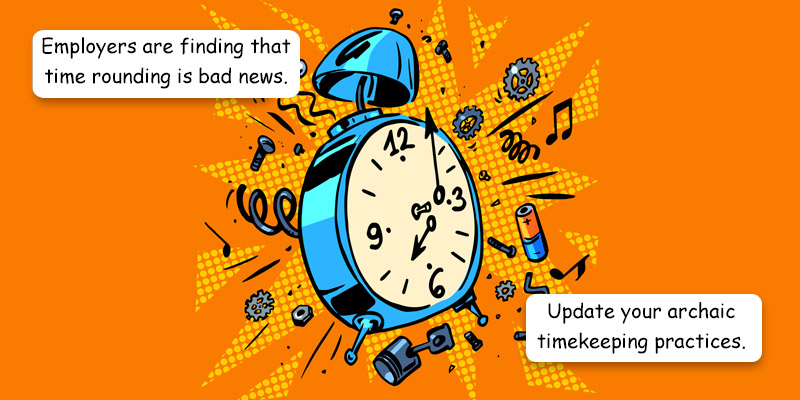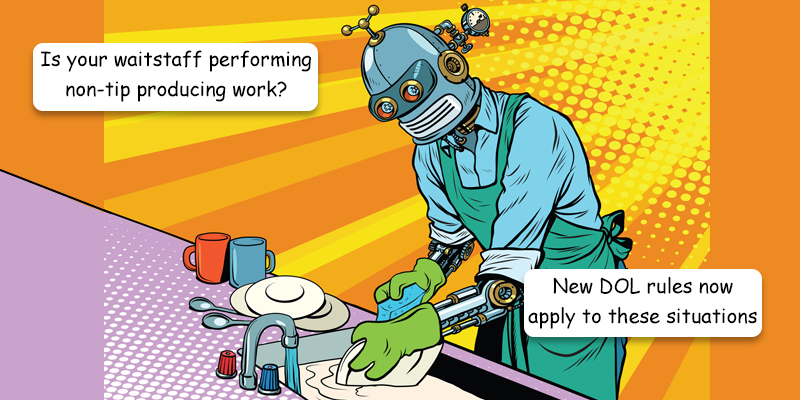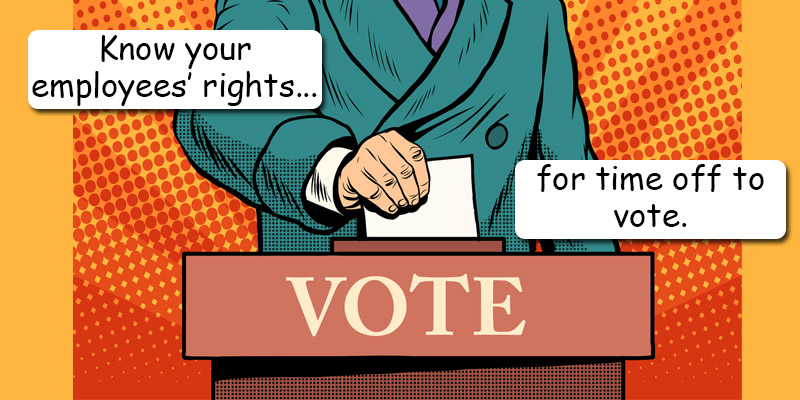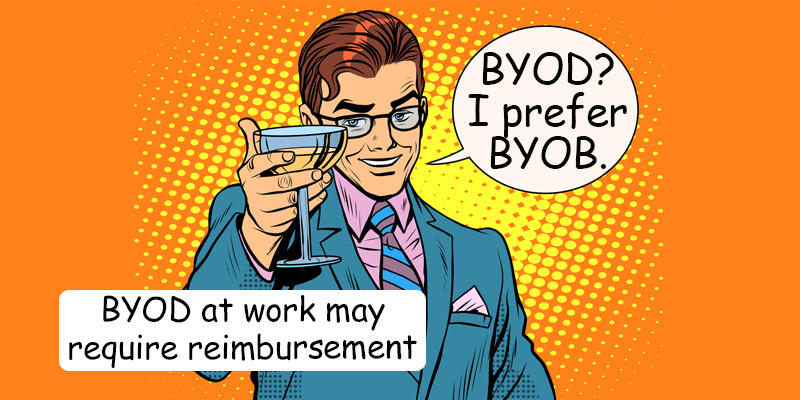Currently, there is no federal law guaranteeing even one day of paid sick leave to workers, with the exception of federal contractors and government employees. There is the Family Medical Leave Act, but that simply provides the ability to take unpaid job-protected leave for specified family and medical reasons. There was an attempt back in 2016, where President Obama called on Congress to pass the Health Families Act which would have expanded sick leave to all private-sector workers, but it did not pass the House. Since that time, states and localities have taken action to provide all workers, within their…
Posts published in “Time & Attendance”
Compensatory time, or “comp time,” is an alternative to overtime pay where employees receive paid time off instead of extra wages for overtime hours worked. But, not so fast. While this may seem like a useful tool for managing labor costs and scheduling, its legality depends on the type of business and the classification of employees. Employers must understand the rules before offering comp time to avoid legal issues. The legality of comp time depends on whether an employer operates in the public or private sector: Public-Sector Employers: Under certain prescribed conditions, employees of state and local government agencies are…
Time rounding. A practice that once had a purpose, should go the way of the dinosaurs. Back in the caveman days, when an employee stuck their timecard in a dinosaur’s mouth to punch in and out, payroll administrators needed a quick way to total hours. The fastest way to do that was to round punches; Looking at a shift and seeing 9:06 a.m. to 5:03 p.m. or 8:55 a.m. to 5:07 p.m. and calling them both as eight-hour days. With modern technology, that is no longer the case. Automated timekeeping systems are able to calculate punches to the minute without…
There has been an increase in biometric privacy class action lawsuits, which should bring concerns to employers. First and foremost, what is biometric data? Biometric data refers to any data that identifies or is related to an individual’s physical, physiological or behavioral characteristics, such as fingerprints, iris scans, facial recognition, hand recognition, voice recognition, DNA or any other unique biological information. With the rise of biometric technologies, concerns over the privacy and security of biometric data have become increasingly important. Securing an employee’s biometric data should be held in the same regard, if not higher, as other data, such as…
Overtime. It is a subject that you may think you know well, but do you? It is not always a simple matter of paying the employee “time and a half” for any hours worked in excess of 40 hours in a workweek. There is much more to take into consideration, and while this article is not intended to cover every scenario out there, we will touch a number of bases. What we will not cover, this time around, is who may be exempt from overtime. Let’s start with the federal law, where the overtime provisions are contained in the Fair…
On October 28, 2021, the U.S. Department of Labor (DOL) issued a Final Rule, which takes effect on December 28, 2021; it is extremely important for businesses that pay the lower “tipped minimum wage” to take notice. In this final rule, the DOL finalizes its proposal to withdraw one portion of the Tip Regulations Under the Fair Labor Standards Act (FLSA 2020 Tip Final Rule) and finalize its proposed revisions related to the determination of when a tipped employee is employed in dual jobs under the Fair Labor Standards Act of 1938. Specifically, the Department of Labor is amending its…
I have not been asked about this topic in my previous 25 years, yet in the past few months, I have received at least half a dozen inquiries. I am not sure of the reason this has become a hot topic lately; maybe it is COVID-19, but here are the details and considerations: Paid time off, whether it is Vacation, Sick, PTO, or whatever a company may call it, is a great benefit to its employees. It is there in the event that the employee cannot, or maybe just does not want to go to work, yet receives their pay…
Do you know the laws on providing time off for your employees to vote? As we approach a major national election, you should review your policy to make sure you are in compliance with the law, as there can be civil and criminal penalties for violations. There is not a federal law on the books, so any time-off policy falls in the hands of the state in which the employee votes. Some states designate an amount of time while others will require paid time off, and just about all prevent you from firing or disciplining an employee for taking time…
There are many times when an employee may need to travel for business-related purposes. The latter span can include something brief, like a trip to the bank, or a cross-country flight for a business conference and depending upon the circumstances, it can be compensable time. I think the best way to tackle this is to take a look at examples as to what is and what is not: What is NOT compensable Home to work/Work to home (aka commuting) – An employee who travels from home before the regular workday and returns to his/her home at the end of the…
If you have an employee who drives their personal vehicle for a work related matter, it is the norm to reimburse the employee for the business-related use. It is a straight forward calculation by taking into consideration how many miles the person drove and multiplying it by a rate. The IRS even publishes a standard mileage rate of .58 cents per mile (2019). But what if that employee uses their mobile personal device (aka cell phone) in a Bring Your Own Device (BYOD) workplace? As employers implement paperless, streamlined, and automated solutions to their work environment, we are finding that…

